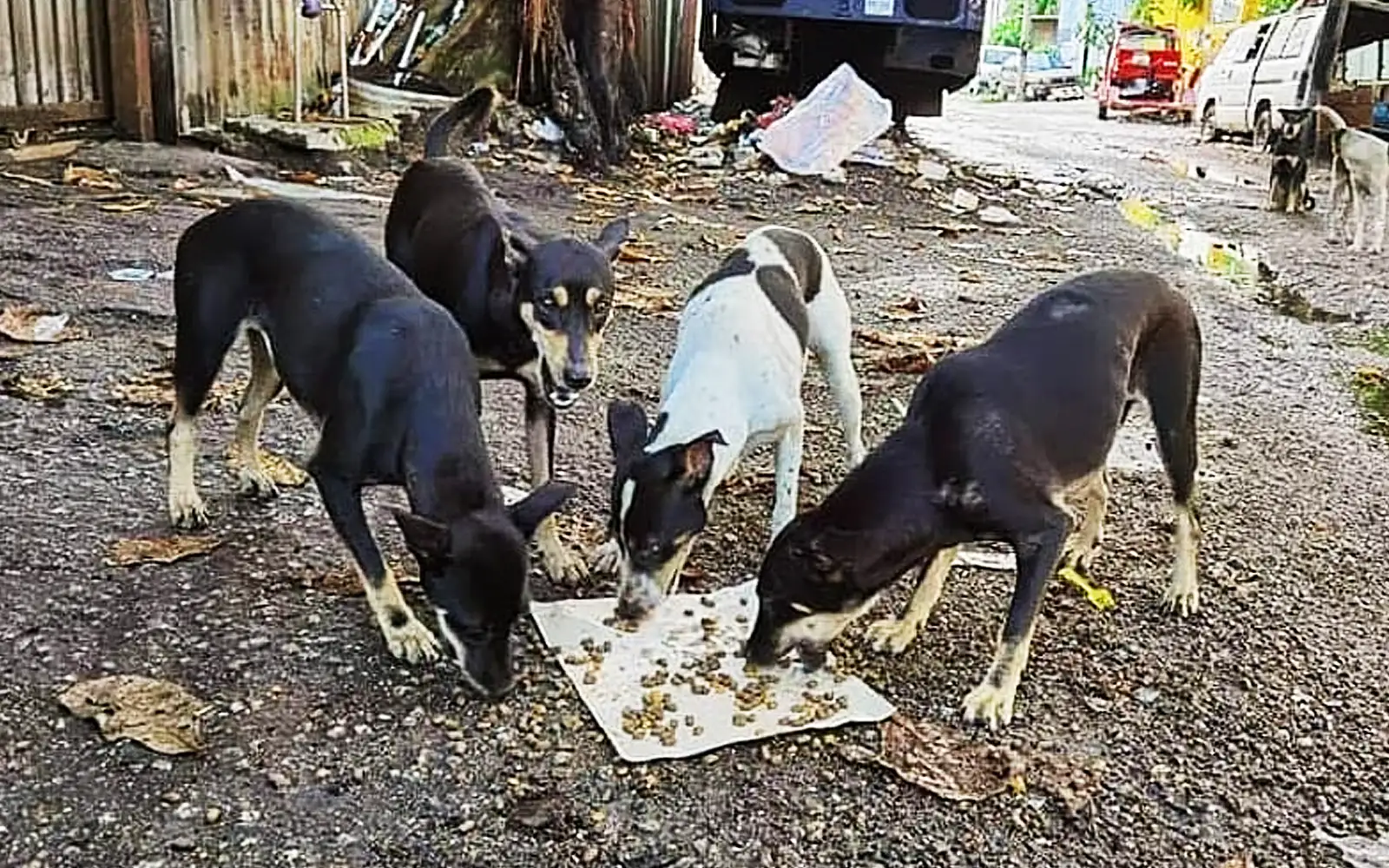
A lawyer-activist has slammed the Negeri Sembilan government over its plan to cull stray dogs in predominantly Malay-Muslim residential areas, describing such a move as illegal.
Rajesh Nagarajan of Lawyers for Animal Rights asked who the state government planned to employ to kill the strays, pointing out that only the veterinary services department was legally allowed to cull dogs.
Rajesh said safety risks did not justify the “barbaric” culling of the animals, maintaining that the only humane way to control the stray dog population was the “trap, neuter and spay” method.
“The only entity that may kill dogs – if absolutely necessary – is the veterinary services department. As such, any killing of dogs by the Negeri Sembilan government is illegal and contrary to the Animal Welfare Act 2015.

“And there is no such thing as humane culling. Let’s call a spade a spade – this is barbaric killing. This must be replaced by a comprehensive ‘trap, neuter and spay’ programme, that will effectively reduce the stray population in a very short period of time,” he told FMT.
He also ridiculed menteri besar Aminuddin Harun’s remark that only strays that “pose a threat” would be culled, questioning the benchmarks that would be employed to define stray dogs that were a threat.
“How does one determine which dog poses a threat and which doesn’t? This is an absolutely ridiculous statement.”
Earlier today, the Negeri Sembilan state assembly unanimously agreed that some strays in predominantly Malay-Muslim residential areas should be culled due to safety concerns.
Aminuddin said this would be handled by the local authorities and that not all of them would be culled. “Only some of the stray dogs in areas where they pose a threat,” he had said.
The menteri besar also acknowledged that animal welfare groups would be unhappy over the move but expressed hope that they would understand the gravity of the issue, as several “accidents” had been caused by stray dogs.
Rajesh appealed to the state government to engage animal welfare groups to assist in rolling out a trap, neuter and spay programme.
“Most importantly, channel the funds earmarked for the brutal killing of dogs to the trap, neuter and spay programme.”
Separately, Persatuan Haiwan Terbiar Malaysia (SAFM) also urged the Negeri Sembilan state government to reconsider its decision to cull stray dogs, calling the move inhumane and ineffective in addressing long-term overpopulation.
SAFM said it advocates the trap-neuter-return (TNR) method – a globally endorsed approach that involves trapping stray dogs humanely, neutering or spaying them, and returning them to their original locations.
“This doesn’t just prevent the overpopulation of strays. It ensures their long-term welfare by offering continuous management,” it said in a statement.
The group added that the TNR method includes monitoring the health and safety of the dog population to prevent future health risks or disease outbreaks, and it is ultimately a more compassionate solution than culling.






